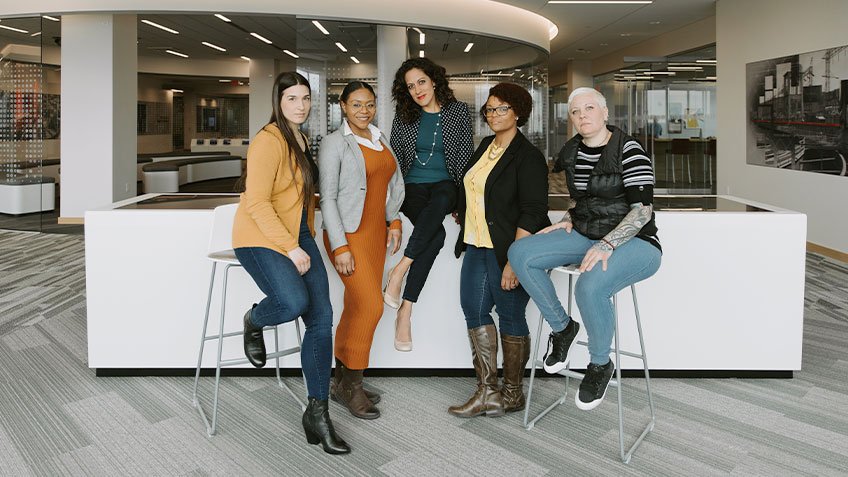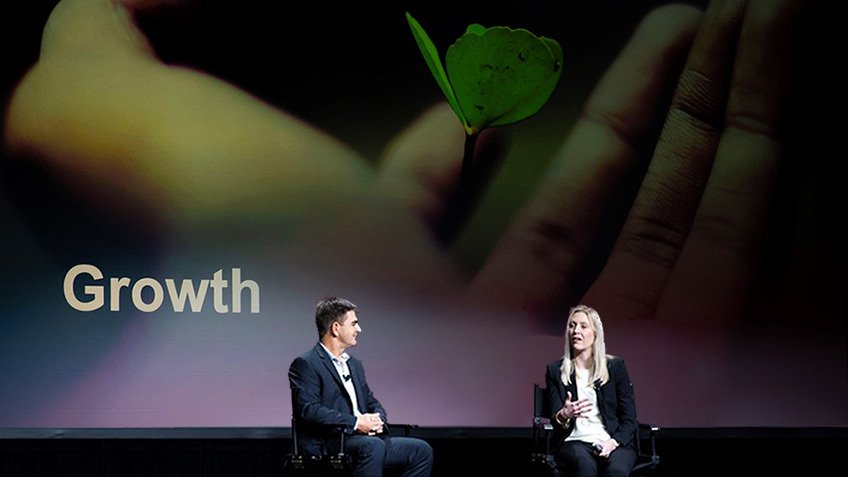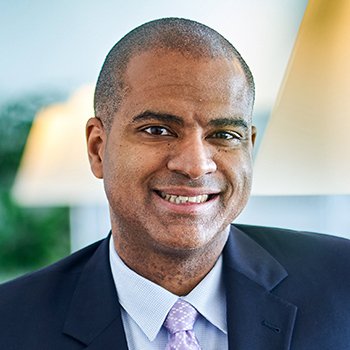Transforming the Future
This is not something industry should accept. It is not inevitable. We can transform the future. International Women in Engineering Day (INWED, under the patronage of UNESCO) has chosen #transformthefuture as the theme for its 2019 campaign, and it is a great mechanism to focus minds on a vision for the future that exemplifies and benefits from a truly diverse and representative workforce.
Evangeline Anyaoha, who has a degree in electronics, recently completed a graduate training programme and is one of our account managers. Her story is one of many that should be celebrated as a success for the contribution of initiatives such as the INWED.
“I initially went into engineering because of a Women in STEM event, where, for the first time, I saw people who looked like me talking about why they went into engineering,” says Evangeline.
She believes that people, “should be encouraged to learn from each other and work together, irrespective of gender, ethnicity or age, and inspire the next generation to do the same.”
Hearing from engineers such as Evangeline is critical for improving the diversity in the future talent pool for engineering – and she now inspires young people, just as she was inspired.
Recent STEM projects in the UK show us firsthand that the skills and interests that underpin a career in engineering are equally present in all children.
If You Were an Engineer…
In fact, Primary Engineer, an organisation that our UK team is working with to help encourage the next generation of engineers, has an open competition for children of all ages that invites them to identify and resolve a problem they see in the world.
Entitled, “If you were an engineer, what would you do?” it receives tens of thousands of entries each year, from a self-selecting group of future engineers. They experience a completely even gender weighting with almost exactly 50% of entries from girls and boys.
Lynn Siggins, one of our automation engineers, is also involved as a STEM ambassador. Lynn points out that she is still often considered an “oddity.”
“Only a few weeks ago, I was complimented with, ‘It’s so nice to see a woman doing well in this job,’” says Lynn, “It was a well-meaning comment, but I, and most female engineers I know, don’t want to be considered an oddity! There is still so much more that we in industry can do to normalise the presence of women, and the valuable thinking and attributes that women bring to the problem solving and teamwork that are central to engineering.”
To transform the future, we must continue to offer role models such as Evangeline and Lynn to young people. And industry must continue to learn from the experience of women to make engineering environments welcoming to everyone.



